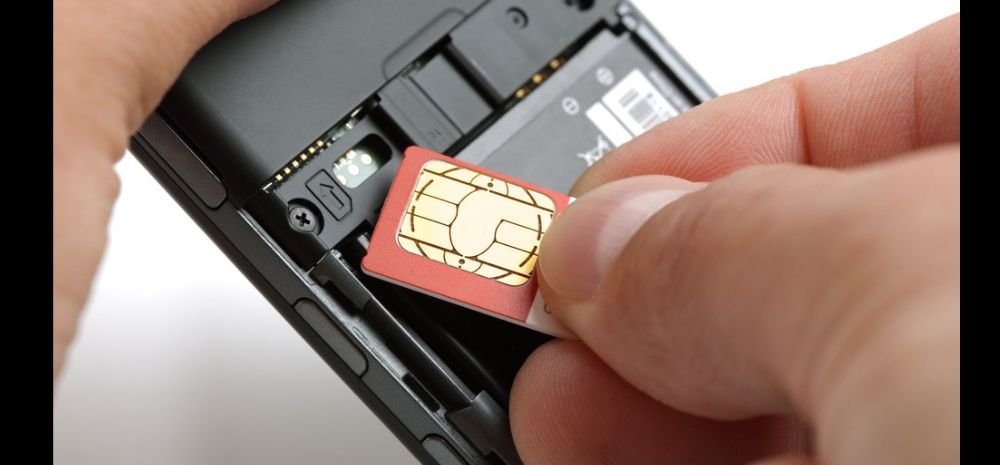The department of telecommunications (DoT) is planning an amendment in know-your-customer (KYC) norms to address the issues of fake SIM cards and financial frauds.

Key highlights
Main highlights of the upcoming KYC norms include, among other things,
- Reduction in the number of SIM cards issued on a single ID to five from the current nine
- Complete use of digitally-verified documents for issuance of SIM cards
- Penalties and imprisonment on misuse of SIM cards and fake documents given by consumers
The new norms will be notified within six months by the Artificial Intelligence and Digital Intelligence Unit (AI & DIU) wing of DoT.
Parties involved
They have been formulated in consultation with a national working group, which includes the Reserve Bank of India (RBI), ministry of electronics and information technology (MeitY) and other government representatives.
Aside from the overhaul, DoT is also planning on a pan-India launch of the Telecom Analytics for Fraud management and Consumer Protection (TAF-COP) portal within two months.
The portal, which is currently active in states like Andhra Pradesh, Kerala, Rajasthan, Telangana and Jammu & Kashmir, among others, will help subscribers check the number of mobile connections working in their name.
People can also take necessary action if there are any additional mobile connections in their name without their knowledge.
Making digital document verification mandatory
“The discussions are currently ongoing with regard to finding out robust KYC mechanism by making digital document verification mandatory to tackle the issue of fake IDs,” a government official said, adding that the plan is to strengthen the TAF-COP portal and Central Equipment Identity Register (CEIR) portals.
The CEIR portal acts as a central system for the telecom operators to share blacklisted mobile devices so that devices that are blacklisted on one network will not work on other networks even if the SIM card in the device is changed.
With this, users can also check the authenticity of the devices and report stolen mobile devices.
The portal was launched in 2019 and was made available to all subscribers in the country last month.
ASTR
In order to identify fraud SIM cards and block them, solutions powered by AI and facial recognition for telecom SIM subscriber verification (ASTR) are also being implemented by the government throughout the country.
ASTR, which was started as a pilot programme in Haryana’s Mewat, uses subscriber images provided by them in their customer acquisition forms (CAFs) and compares the same to similar images using facial recognition technology.
Enhanced security
It serves its function as a lot of SIM cards which are being provided on forged documents and in the name of a third party are used to carry out cybercrimes and the same becomes difficult to detect.
Using ASTR, the system detects the same image used by a subscriber under different names using forged documents.
It also checks the address and other KYC details.












